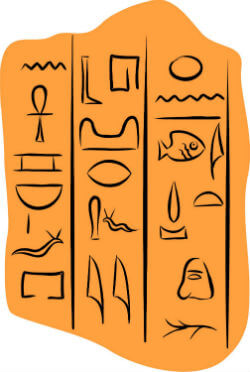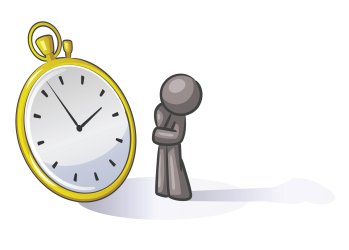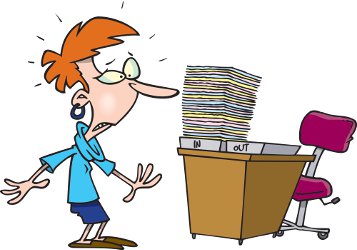Past vs. Passed
What is the difference?
Past and passed are two commonly confused words in the English language. When do you use each one?
Click Here for Step-by-Step Rules, Stories and Exercises to Practice All English Tenses
Although they are spelled differently, past and passed are pronounced exactly the same way. But their meanings are very different!
In fact, they are not even the same part of speech. Let's look at some examples and explanations so that you understand how to use each one correctly.
Past
Past is a noun that means a time that came before the present.Anything that happened before this very moment, happened in the past!
You've seen this word before because you've studied the simple past and other past tenses.
Examples:
- Everyone is a product of their past. We are all influenced by our experiences.
- It's very interesting to find out about a friend's past. What was their
life like before you knew them?
- Kelly hates history class. She thinks the past is boring. She
wants to know about the future!
- Kelly isn't interested in learning about what happened a long time ago.
- In the past, ancient civilizations like the Egyptians wrote their history in hieroglyphics, or symbolic pictures.

Passed
Passed is a
form of the verb "pass".
It is the simple past, because this verb is
regular."Pass" means to go by (for an object like a car, or for time).
It is also the past participle of the verb "pass". We use this in the present perfect and the passive voice, for example.
Did you ever feel like time passed slowly when you were waiting in the doctor's office?

Examples:
- The orange race car has passed the green one, and it is now in the lead!
- Two years passed before they finally found her missing earring!
- Time passed
so quickly while I was on vacation. It was amazing!
- As she passed
the desk, Mindy saw that there was still a lot of work to finish!
- As she walked by the desk, she saw that there was a lot of work left.

More Tips
Remember that past
is a noun.
It talks about all time before the present.Passed, on the other hand, is a form of the verb "pass". We use it in verb tenses like the past simple or the present perfect. It means "go by" and can talk about objects, people, or time.
Even though these two words are used and spelled differently, they are pronounced the same. But now that you've seen these examples, you won't be confused!
That's all there is to it!

These were the differences between past and passed. Now that you understand, it's time to practice! Get our ESL Books.
Get Updates, Special Offers, and English Resources
Download your FREE GIFT (the first two chapters of
English Short Stories Book and Workbook)
as soon as you join!

By submitting your email, you consent to receiving updates and newsletters from us and to the sharing of your personal data with third parties for the purposes of sending you communications. We will not spam you. You can unsubscribe at any time. For more information, please see our privacy policy.





